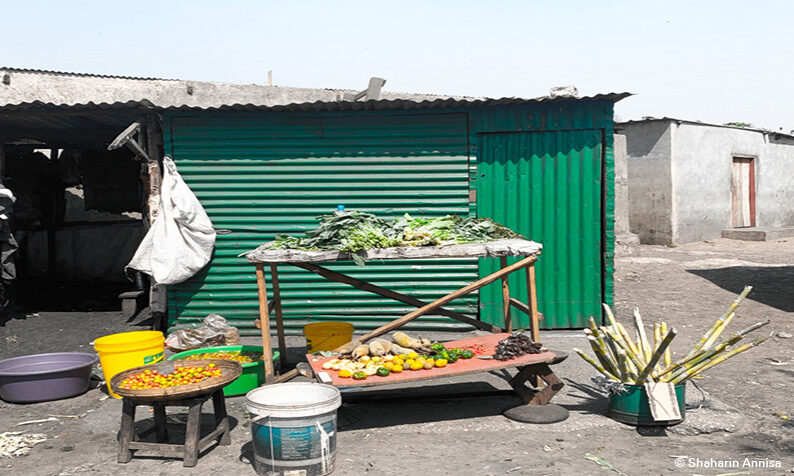
This studio concentrates on urban and community resilience in the context of informal urbanization, and aims to contribute to the development of strategies for Kanyama informal settlement in Lusaka, the rapidly growing capital city of Zambia.
Planning in Zambia is dynamic and evolving, seeking to shape sustainable, equitable, and culturally sensitive urban areas. About 62% of Lusaka‘s population resides in informal settlements. Kanyama, being one of the largest exists since the 1960s and continues to grow due to migration. Even though a large part of Kanyama’s population is disconnected from basic services and infrastructure, residents describe it as a place of opportunities. Located close to the industrial district, it is a place where people adapt to ever-changing circumstances. Networks and relationships of residents of Kanyama serve as tried and tested mechanisms for individual and communities to connect, collaborate and support each other thus fostering and enhancing individual and collective resilience.
The studio aims to achieve a comprehensive perspective on resilience that recognizes the importances of community organization. Students will analyze community resilience under the lens of networks and relationships and develop integrated strategies for a resilient settlement development.
There are two further courses: the B.Sc. Lusaka Studio “Resilient Urban Transformation”, and the seminar “Mapping Urban Resilience”. Here, the data generated during the Lusaka summer school are analyzed, synthesized, and fed into the project development in the studio. Lectures and discussions aim to support the collaboration and mutual learning between all courses.
The studio will be taught mainly in person and the participants will work in teams (2–3 persons) with group tutoring session at the University. Additional lectures from international experts will be held over WebEx. ILIAS and Conceptboard will serve as the platform for exchange. All tools are available for free.
The studio is organized in collaboration with the University of Zambia (UNZA), the Zambia Institute of Planning and the Lusaka City Council. The course builds on the results of the Lusaka summer school of August 2023. However, the participation in this summer school is not a pre-requisite to join this studio, and all interested students are welcome.


